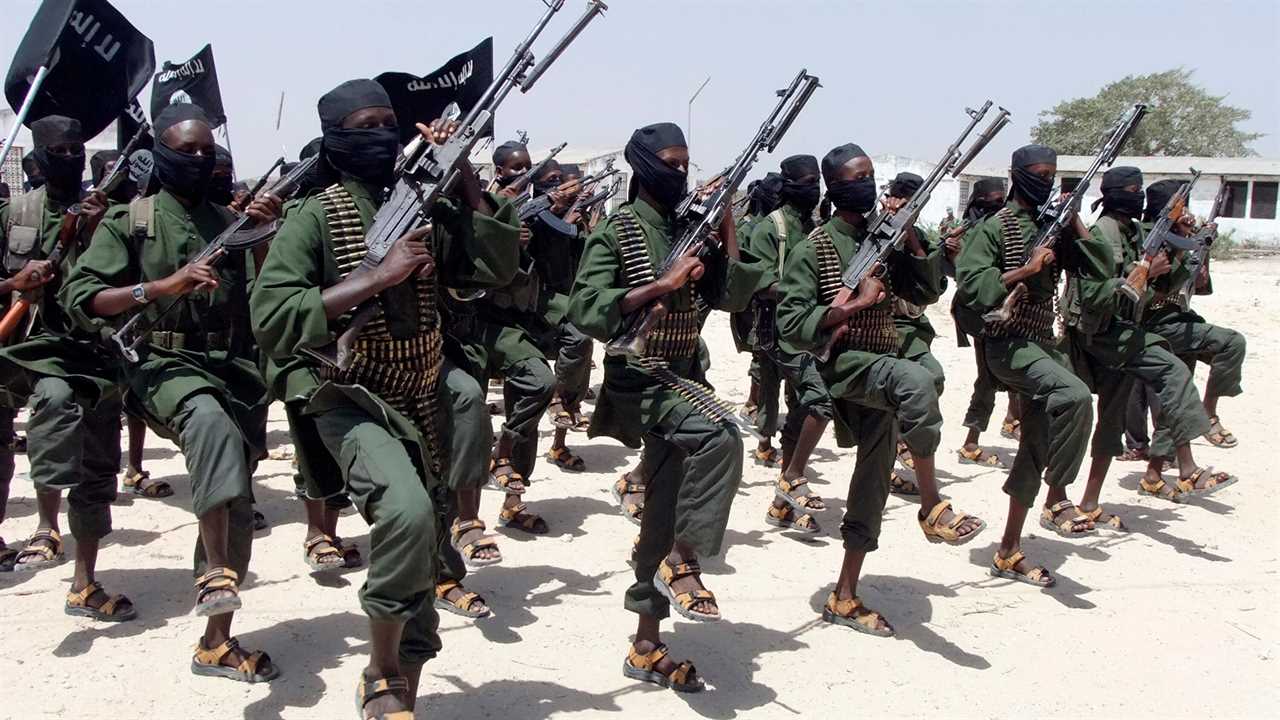
WASHINGTON — A veteran C.I.A. officer was killed in combat in Somalia in recent days, according to current and former U.S. officials, a death that is likely to reignite debate over American counterterrorism operations in Africa.
The officer was a member of the C.I.A.’s paramilitary division, the Special Activities Center, and a former member of the Navy’s elite SEAL Team 6.
The identity of the officer remained classified, and the circumstances of the killing were ambiguous. It was unclear whether the officer was killed in a counterterrorism raid or was the victim of an enemy attack, former American officials said. The C.I.A. declined to comment.
The death will lead to another star being added to the wall in the C.I.A.’s lobby, where it memorializes its fallen. The past 20 years have placed a heavy burden on the agency, with dozens of stars bringing the total to 135.
Compared with the U.S. military, the deaths of C.I.A. officers in combat is a relatively rare occurrence. Still, paramilitary work is the most dangerous task at the agency, and members of the Special Activities Center carry out missions as risky as those of Delta Force or SEAL Team 6.
The death of the C.I.A. paramilitary officer comes as a draft order is circulating at the Pentagon under which virtually all of the more than 700 American military forces in Somalia conducting training and counterterrorism missions would depart by the time President Trump leaves office in January.
The Shabab, the Qaeda-affiliated terror group based in Somalia, remains a deadly threat and claimed responsibility this week for killing a group of American-trained Somali soldiers. No Americans were killed in that attack, a military official said.
Inside the C.I.A., Somalia has long been considered a particularly dangerous war zone. Senior intelligence officials have debated whether counterterrorism operations there are worth the risk to American lives. Some in the agency believe the Shabab is at worst a regional threat to Africa and to American interests there but not beyond the region.
But other counterterrorism experts believe that if left unchecked, the Shabab could emerge as the same kind of global threat as the Islamic State and Al Qaeda have been. The Shabab, the most active affiliate of Al Qaeda, issued new threats against Americans in East Africa and in the United States this year. Members of the group were arrested while taking flying lessons in the Philippines, and others have sought to procure surface-to-air missiles.
The growing worries about the Shabab’s expanding ambitions had prompted a flurry of American drone strikes in Somalia during the past two years to keep the group in check.
Covert C.I.A. operations in Somalia are harder to track but are likely to have been stepped up alongside the drone strikes as the agency sought additional information about whom to target in such attacks.
Decisions about whether to alter American counterterrorism operations in Somalia will be an early national security challenge for President-elect Joseph R. Biden Jr. as he reviews Mr. Trump’s policies.
Still, Mr. Biden may find his options more limited as Mr. Trump considers major changes in his last weeks in office.
The Trump administration plan under discussion would not apply to U.S. troops stationed in nearby Kenya and Djibouti, where American drones that carry out airstrikes in Somalia are based. They would continue to conduct counterterrorism operations against the Shabab, according to officials familiar with the internal deliberations who spoke on the condition of anonymity.
The acting defense secretary, Christopher C. Miller, announced plans last week to reduce troop levels in both Afghanistan and Iraq to 2,500 by January, but Pentagon officials said this week that they were still working out details of the drawdown in Somalia.
Critics said Mr. Trump’s plan to leave Somalia comes at a precarious time for the strife-weary nation in the Horn of Africa. Somalia is gearing up for parliamentary elections next month and a presidential election scheduled for early February. The removal of U.S. troops could complicate any ability to keep election rallies and voting safe from Shabab attackers. Political turmoil has also erupted in neighboring Ethiopia, whose army has battled the Shabab.
Security inside Somalia is increasingly dire despite a sustained flurry of American drone strikes and U.S.-backed ground raids against Shabab fighters, according to a report issued on Wednesday by the inspectors general of the Defense and State Departments and the U.S. Agency for International Development.
“Despite many years of sustained Somali, U.S. and international counterterrorism pressure, the terrorist threat in East Africa is not degraded,” the assessment concluded. “Shabab retains freedom of movement in many parts of southern Somalia and has demonstrated an ability and intent to attack outside of the country, including targeting U.S. interests.”
The paramilitary arm of the C.I.A. has borne the brunt of the agency’s losses since the Sept. 11, 2001, attacks, according to former officials. Officers on the C.I.A.’s paramilitary teams conduct raids and operations in austere locations, far more dangerous missions than the kind of intelligence collection that is the backbone of the agency.
Many of them were killed in Afghanistan, where over all at least 20 people have died since the beginning of the war there. It is unclear whether other officers have been killed in Somalia in recent years.
Did you miss our previous article...
https://trendinginthenews.com/usa-politics/white-house-weighs-pardon-blitz-before-trumps-exit






